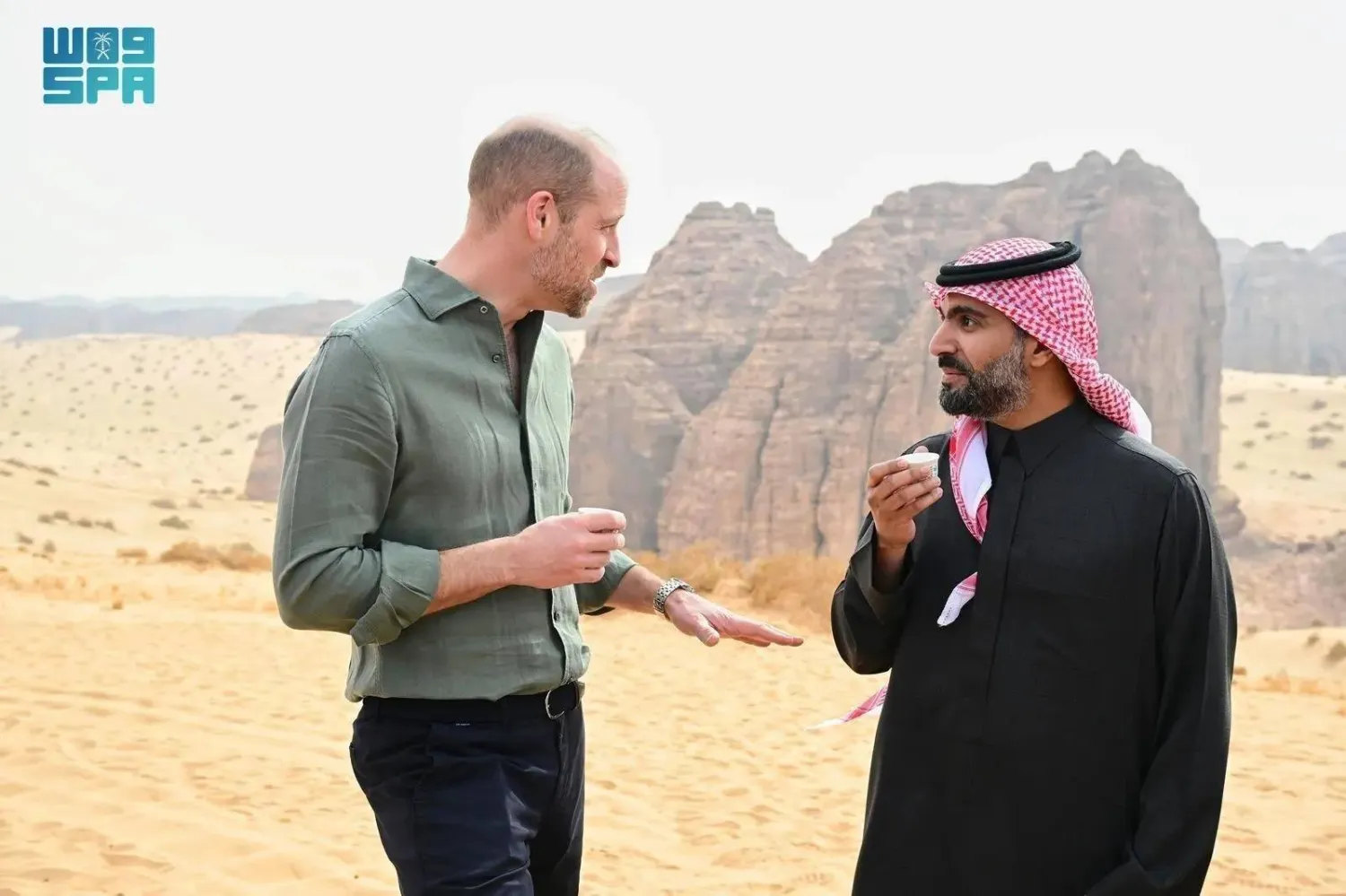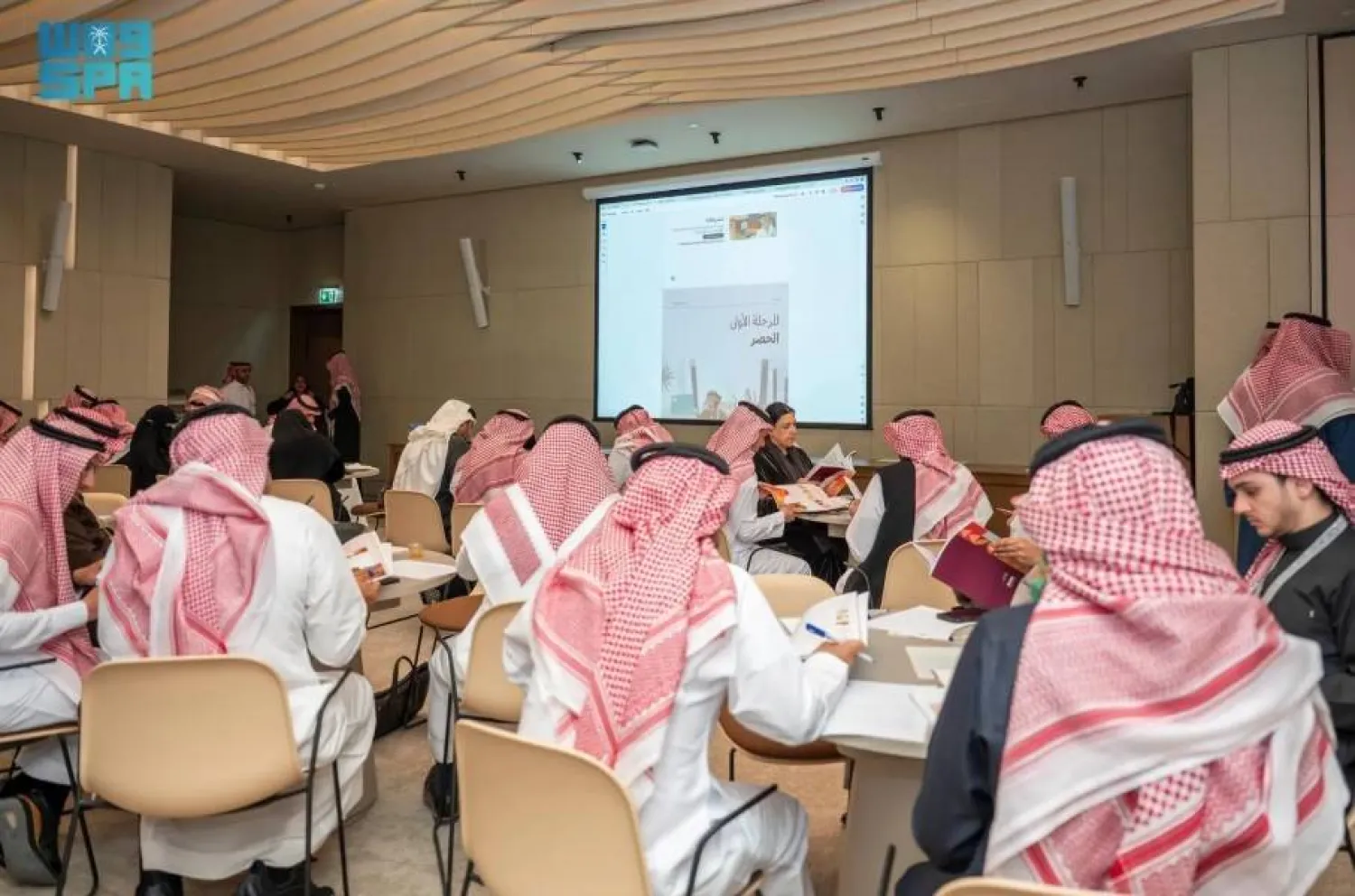Iraq has successfully recovered over 23,000 archaeological pieces during the past three years, with many of them being distributed between the US and Britain, according to Ahmed Al-Alyawi, who heads the House of Manuscripts body.
Al-Alyawi, who is also a spokesperson of Iraq’s Culture Ministry, also revealed the presence of 25 archaeological missions currently operating in Iraq, in collaboration with Iraqi experts, spanning German and Italian institutes and universities.
Speaking to Asharq Al-Awsat, Al-Alyawi affirmed that the ministry continues its relentless efforts to recover Iraqi antiquities from abroad.
The ongoing efforts have resulted in the recovery of 17,338 archaeological pieces from the US and various other countries.
Additionally, Iraqi authorities have successfully retrieved the Kish tablet, which bears the inscription of the Epic of Gilgamesh, as well as the Sumerian ram artifact.
Al-Alyawi added that the Ministry of Foreign Affairs has handed over all these pieces to the General Authority for Antiquities in the Ministry of Culture, where they have been stored in an Iraqi museum.
Meanwhile, the Kish tablet and the Sumerian ram artifact have been put on display.
Regarding the methods used for the theft and smuggling of this vast number of archaeological pieces, Al-Alyawi mentioned that “the looting has been occurring for many years, affecting artifacts from various Iraqi civilizations such as Sumerian, Babylonian, Assyrian, and others.”
Most of these artifacts were extracted through random digging by organized thieves, within the framework of what is known as the antiquities trade, which is both unfortunate and catastrophic.
“Excavated pieces were smuggled to a Gulf country and from there, further smuggled to the US,” revealed Al-Alyawi.
“However, through persistent efforts by Iraq, with the assistance of certain US entities, particularly the Department of Justice, we have managed to recover them,” he said.









